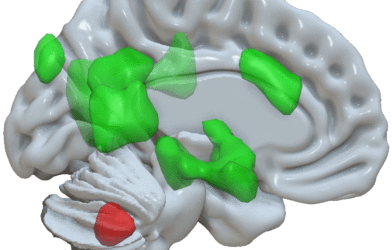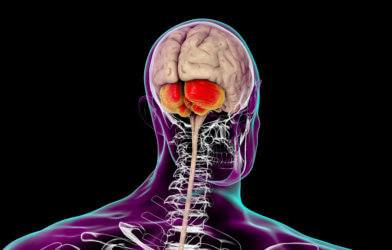We make decisions everyday, though some are definitely bigger than others. When faced with different paths, it’s our (or our brain’s) job to identify which one will give us the best outcome. In an attempt to dig deeper, Paris researchers took a different approach compared to previous work in order to understand the exact role of the prefrontal cortex in decision-making.
To accomplish this, they took the specific act of spending time that someone takes to think about whether the decision they want to make will be a good one into consideration the most. During this process, one has to evaluate the amount of effort required, the possible reward, and any other options that aren’t ones they already previously thought of.
The researchers presented 39 participants with different tasks and ratings of how well they like the given task, with the option to respond in a range from a little to a lot. They also offered the option to give binary preferences (Do you prefer A or B?). All tests were analyzed using functional brain imaging.
The results demonstrate that the ventromedial prefrontal cortex, the part of the brain that is activated upon contemplation of matters related to oneself, assigns value to to the options presented during a choice. Increased activity is seen according to the value of the reward, and decreased activity is seen according to the effort required to receive it. Confidence in a decision was reflected in greater activity being seen in the medial prefrontal cortex, which is the region of the brain with the highest metabolic activity at rest.
Additionally, deliberation was reflected the most in high levels of activity in the dorsomedial prefrontal cortex, which is activated when emotions are being generated and regulated. From these findings, the team concludes that in order to make judgments, the mental trade-off between confidence and deliberation interferes with one thinking about a decision solely based on effort and reward.
“Here we confirm the value of distinguishing between variables that determine the decision (effort and reward) and those that determine the meta-decision (when to stop one’s choice) in understanding the functional architecture of the prefrontal cortex. The advantage of the new conceptual framework is that it can easily be generalized to other types of behavior than choices,” concludes study co-author Mathias Pessiglione, team leader at the Paris Brain Institute, in a statement.
The researchers have a greater understanding of not only the brain’s physiology, but also how to establish new frameworks for decision-making research that can apply to other types of behaviors.
The study is published in the Journal of Neuroscience.












